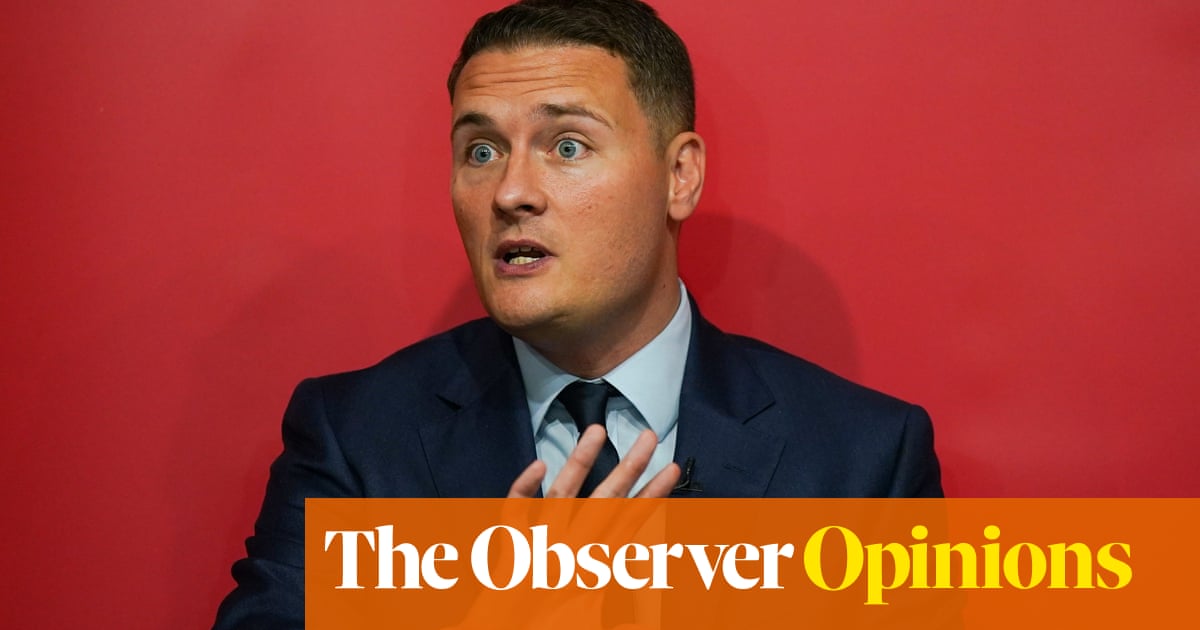
It is an all-out civil war. That is the conclusion one reaches after following the ongoing debates in the UK about how best to leave the EU.
The ruling Conservative party has always been divided over the country’s ties to Europe. But, this time, the party’s in-fighting could impact the stability and future-standing of the country.
It is clear that Prime Minister Theresa May and her government have been weakened by the constant discord between Cabinet ministers, MPs and even the rank and file of the ruling party.
It is also clear how serious the political stalemate is. The Labour Party — the UK’s main opposition party — remains ambivalent about Brexit. Labour would likely inherit power if the Conservative Party caves in on itself due to the vicious leave-remain debate. But it too is teetering on the brink. Labour has still not clearly expressed where it stands as a party vis-a-vis a “soft” or “hard” Brexit.
Its vague position may serve party leader Jeremy Corbyn’s short-term interests in terms of a possible electoral victory, but that does not mean that Labour in power would be able to reconcile the majority of its EU-leaning members with constituents in middle England who see the benefits of leaving the EU project.
So, Britain is seemingly not so Great since the Brexit referendum of June 2016, and, short of a miracle, things are unlikely to get better before March 2019, when the UK is due to officially leave the EU.
May took charge of the Brexit process in July, prompting two Cabinet ministers and other key government officials to resign. Foreign Secretary Boris Johnson and Brexit Secretary David Davis were the high-profile figures to step down. Johnson and Davis, like many hard-line Brexiteers, felt that the PM’s Chequers plan does not go far enough and is another ploy that will lead to a soft Brexit, which they reject.
The UK, as a result, has been stuck between a rock and a hard place. On the continental side, May and her ministers tried but failed to win sympathy for the Chequers plan after touring several EU capitals, including Berlin and Paris. Across the Atlantic, the UK is further isolated, as US President Donald Trump made it clear that the UK could have a preferential economic relationship with the US, and maybe Washington would lend a hand to “make Britain great again,” but only if London is ready to ditch the EU project altogether.
Britain is seemingly not so Great since the Brexit referendum of June 2016, and, short of a miracle, things are unlikely to get better before March 2019, when the UK is due to officially leave the EU.
Mohamed Chebaro
Even if May and her Cabinet spend all summer lobbying EU nations, it was clear from the reception they received in the various European capitals that Britain is negotiating with all 27 EU states and not with each country individually.
In conclusion, the problems shackling Britain’s EU negotiations are not made in Brussels or Vienna, but in London’s Whitehall. Political civil war has divided the government, Parliament, political parties and society vertically and horizontally. Britain needs a cool-headed debate and maybe a call for unity, or even a unity government, to put an end to the political elite’s bickering. Neither side seems able to provide a compelling, politically viable, economically sound and socially valid proposal for a Brexit deal.
The UK has only rarely seen the formation of coalition governments. But in 2010-2015, the Cameron-Clegg government emerged as an alliance of necessity due to the Conservatives failure to win an outright majority in the general election that brought an end to 13 years of “New Labour” rule under Tony Blair and Gordon Brown.
Prior to that, from 1916 to 1920, the Liberal David Lloyd George led a coalition government that relied heavily on conservative members to usher the country through World War I.
In 1940, Churchill led what was referred to as the “War Ministry,” a Conservative party-led unity government that lasted until the end of World War II in 1945.
In July, the Conservative MP Anna Soubry — who served in several ministerial positions in the coalition government of 2010-2015 — said that there was a need for a cross-party coalition “to put the country’s interests first and foremost,” alluding to the need for a national unity government that could negotiate the terms and logistics of Brexit.
It is the domestic divisions that have so far marred the negotiation process and denied Britain a clear exit route that most of its people can get behind, two years on from the most divisive referendum in the country’s history.
Such an exit route and deal should allay fears and send reassuring signals about the future of the UK to the world; a future that can ensure lasting ties with Europe and enable the UK to continue to be a key player on the continent, with access to the EU’s huge economic common market, as well as retain the security arrangements that keep Britain and the other EU nations safe.
• Mohamed Chebaro is a British-Lebanese journalist with more than 25 years experience covering war, terrorism, defense, current affairs and diplomacy. He is also a media consultant and trainer.
Disclaimer: Views expressed by writers in this section are their own and do not necessarily reflect Arab News" point-of-view












